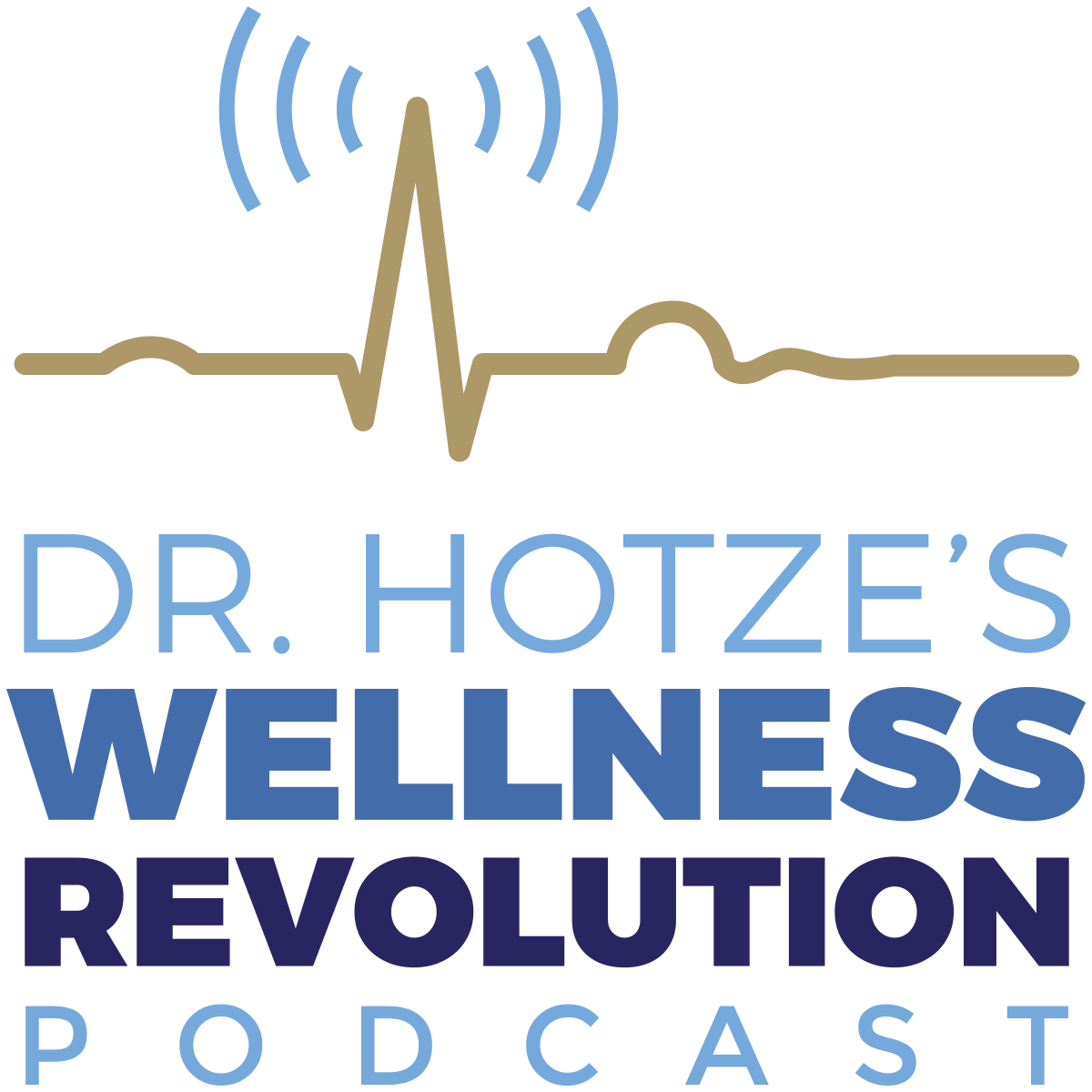IASIS Neurofeedback for ADHD with Jason Gourlas, MPAS, PA-C and Guest Ryanne Siddiqi
Description
Can traumatic events cause ADHD?
Ryanne Siddiqi’s journey with Hotze Health & Wellness Center began 13 years ago as a patient who came in struggling with fatigue among other symptoms. Traditional medicine had let her down, but natural approaches restored her energy and vitality. Grateful for the ongoing support, Ryanne has also turned to Dr. Hotze for help with her son, who faced challenges from ADHD, especially after a traumatic family event.
After being referred to Dr. Hotze for IASIS microcurrent neural feedback, Ryanne witnessed remarkable changes in her son’s behavior after just a few sessions: his aggression diminished, his sleep improved, and his school performance soared. This innovative approach not only calmed his “reactivity” but also fostered a healing state for his brain, allowing him to thrive. Ryanne’s experience highlights the transformative power of customized ADHD support programs like IASIS, designed to address the multifaceted nature of ADHD.
Join Dr. Hotze and his guest Ryanne Siddiqi as they discuss how IASIS Neural Feedback led to remarkable improvements in her son's behavior and school performance.
To learn more about IASIS Neuro Feedback, visit https://www.hotzehwc.com/iasis-micro-current-neurofeedback-therapy/.
To learn more about natural approaches to ADHD and Brain Support, visit https://www.hotzehwc.com/adhd-brain-support/.
Watch now and subscribe to our podcasts at www.HotzePodcast.com.
To receive a FREE copy of Dr. Hotze’s best-selling book, “Hormones, Health, and Happiness,” call 281-698-8698 and mention this podcast. Includes free shipping!
More Episodes
We live in a toxic society! Most people struggle with poor diets that lead to inflammation – which is the root of all disease. Oxytocin is a neuropeptide that naturally occurs in the body, often called the “love hormone”, but it also plays a key role in both emotional and physiological responses....
Published 11/15/24
Do you suffer from mast cell activation syndrome? The symptoms of MCAS are NOT all in your head, like some doctors will have you believe. Mast cell activation syndrome (MCAS) is where the mast cells are overactive, and 37% of obese individuals have MCAS.
Mast cells are white blood cells and are...
Published 11/08/24
Published 11/08/24


